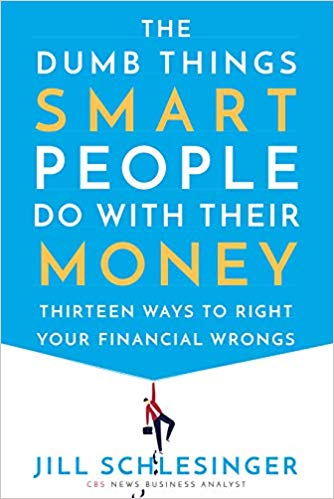By Carol H Cox

Recently, my husband and I cleaned out a walk-in storage closet in our home. This is a closet that had been created when we remodeled our house about 20 years ago, upsizing to fit our growing family. We have been filling this closet with books, papers, electronic paraphernalia, bags and backpacks, office supplies, documents, records, CDs, DVDs, and so forth for the past two decades.
All manner of things went into this closet over time, but rarely did anything come out. So we were faced with a monstrous cleaning project. We took all the boxes, bags, and piles of stuff out of the closet and lined them up along the hallway. This overwhelming task of sorting through everything, deciding what to keep, and disposing of items took us three weeks.
Continue reading “A Lesson from My Closet”








 Public school systems that offer personal finance courses are still the exception, and not the rule. The
Public school systems that offer personal finance courses are still the exception, and not the rule. The